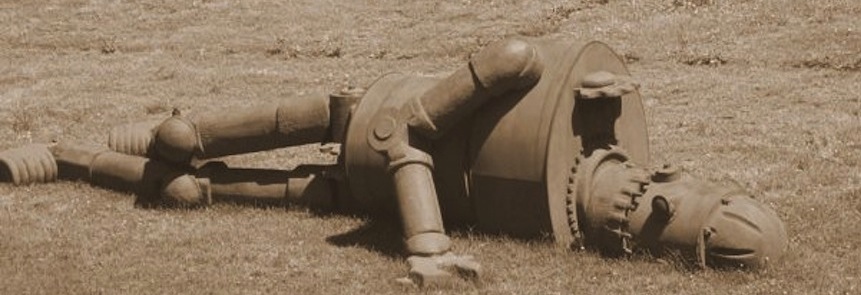Chaplains in Vietnam represented a wide range of attitudes on the war and the killing of noncombatants. Joanna Bourke's An Intimate History of Killing cites an 1960s study of their attitudes to show that soldiers could not reliably look to them for guidance when it came to the treatment of Vietnamese civilians. Seventy-three chaplains took part in the study, and sixty-nine of them argued against killing noncombatants. That seems like a solid stance against civilian deaths, but four were willing to accept justifications offered by commanding officers for killing noncombatants, and another was willing to accept it it were a military necessity. When it came to reporting atrocities, seven said they would only complain to the commanding officer of the soldiers involved. Another forty-six indicated that they would only report atrocities within the confines of the Chaplain's Branch. What that means is that 72% would likely only report potential war crimes within the immediate chain of command.
Beyond the issue of killing noncombatants, 42% of the chaplains indicated that they would accept a commanding officer's decision not to accept surrenders without complaint. 90% of those in the study expressed only minor ethical qualms about violations of the laws of war. Only 15% of the chaplains asserted that they would advise soldiers to disobey illegal or immoral orders.
This leaves some obvious issues. If chaplains were not willing to vigorously report atrocities, how could the average soldier be expected to do so? If chaplains were unwilling to advise troops about how to deal with immoral or illegal orders, how were soldiers supposed to have the courage to do so? Even, Fr. Davis, who conducted courses on combat morality for the 2/503rd saw this as a confusing area for the men under his pastoral care. What chance did soldiers have to fulfill their legal and moral obligations regarding war crimes in this environment?
